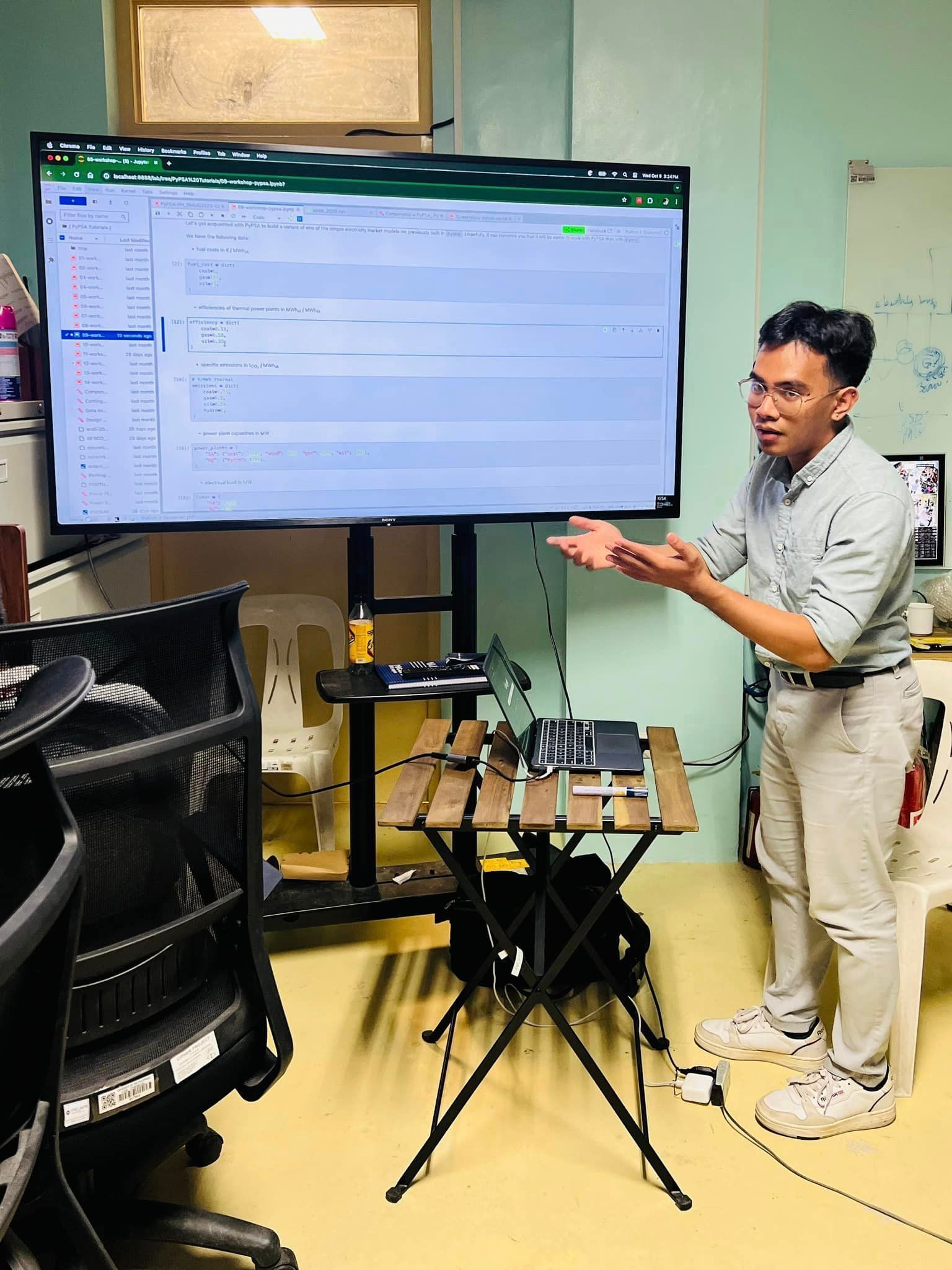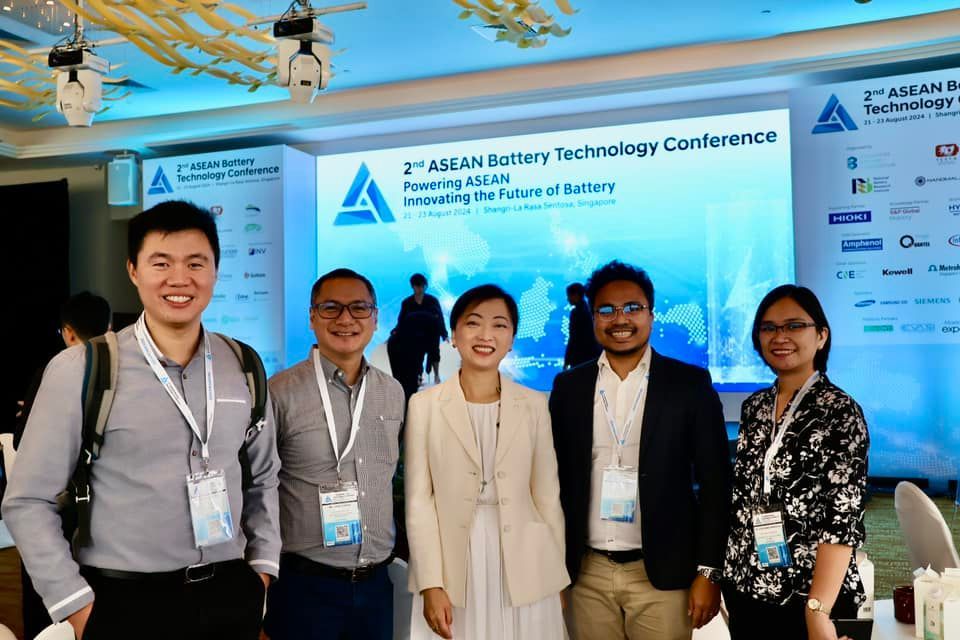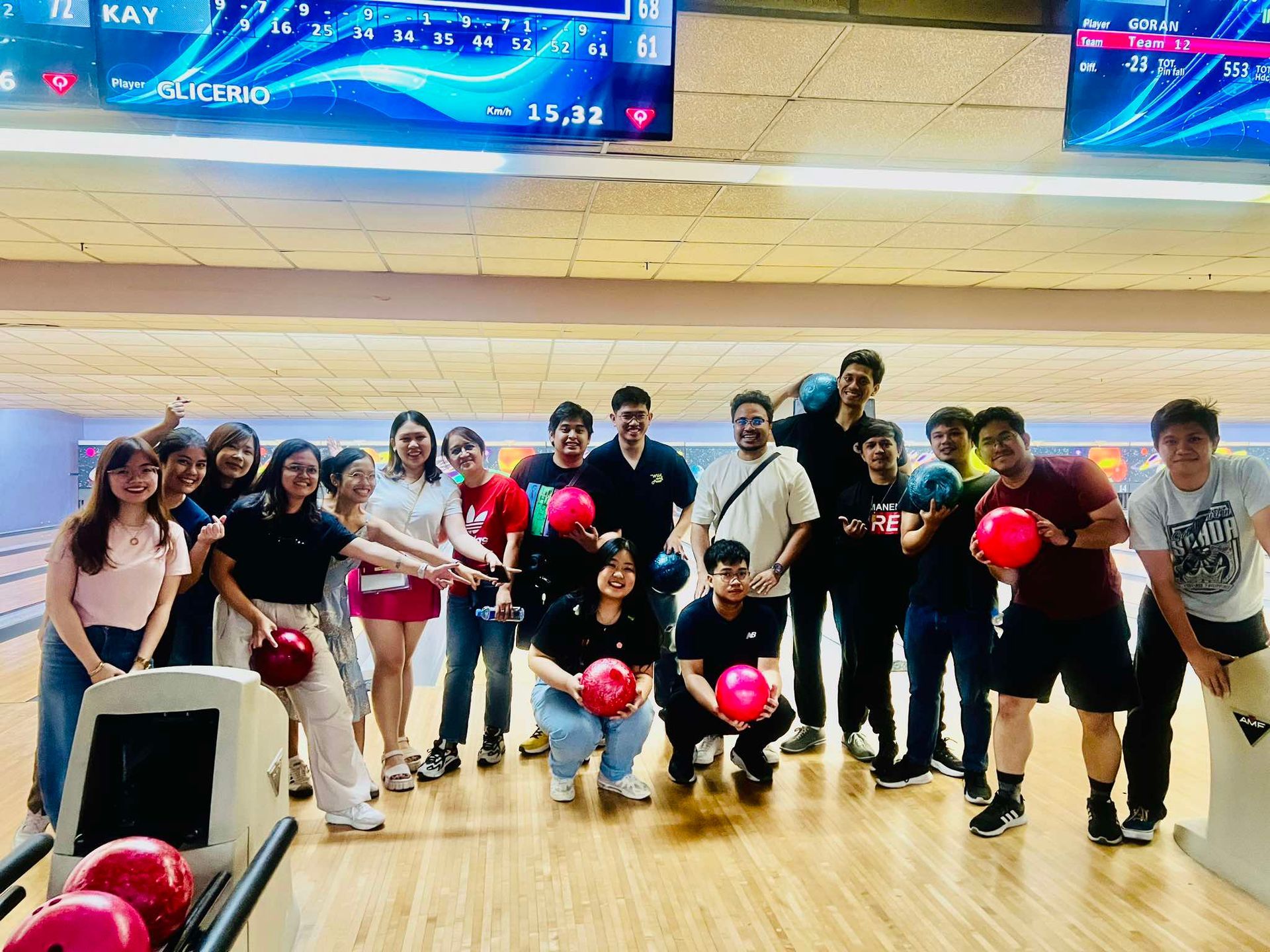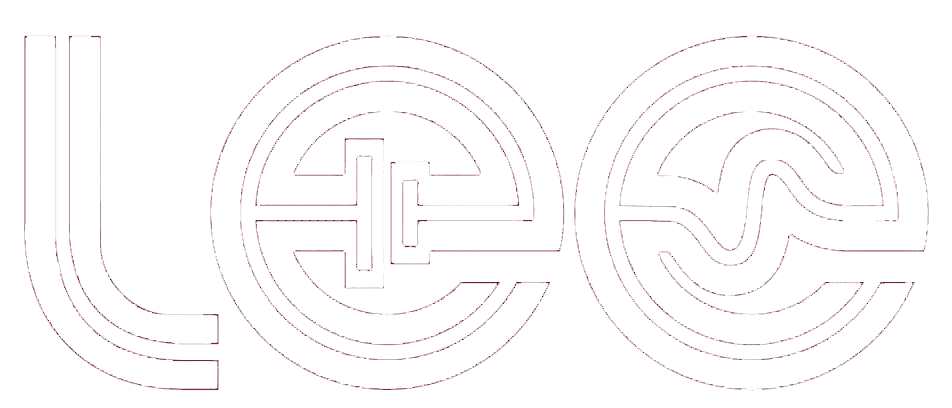LEE Holds National EEST Workshop
In keeping with the goal of promoting energy storage in the country as well as increasing the technical expertise of individuals on electrochemical energy storage technologies, the Laboratory of Electrochemical Engineering (LEE) together with the CHED-PCARI GREEN Power Program, held the National Electrochemical Energy Storage Workshop last October 20 to 22, 2016. The 3-day workshop was attended by over 100 participants all over the country. The students, faculty, researchers, engineers and scientists who participated in the event came from different state colleges and universities (SUCs), private universities, government agencies, and private companies.
The training workshop was composed of series lectures delivered by field experts and professors from UP Diliman and UC Merced. The lectures discussed the basics of energy storage and electrochemistry, different battery chemistries and technologies, and fuel cell systems, applications, and technologies. Apart from the lectures, the participants also took part in several interactive and informative activities and hands-on demonstration prepared each day.
According to Prof. Joey Ocon, workshop organizer and project leader of the GREEN Power Program, “while energy storage is a big research and industry field abroad, our community is still at its infancy.” The event seeks to increase public awareness of battery and fuel cell technologies in the country and to attract young scientists and engineers to pursue careers in research and industry related to energy storage.
* The event was co-sponsored by ALV Technologies, Dynalab Corporation, and Metrohm





